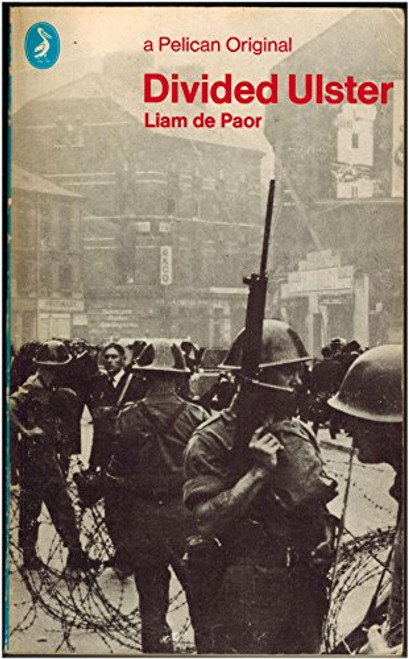Product Description
'To those who understand, no explanation is necessary. To those who will not understand, no explanation is possible.' The different attitudes that can be read into this celebrated graffito from the Falls Road in 1980s Belfast - arrogance, belligerence, alienation, intransigence and despair amongst them - have all contributed to the isolation of Northern Ireland in the modern world. Explanation and understanding, however, are the stock in trade of the historian, and it was to to provide the first and assist the second that Sabine Wichert published this well-known study in 1991.
It rapidly established itself - as Terence Ranger predicted at the time in Irish Studies Review - as 'a standard text in contemporary history and politics courses'.
There are many reasons for its success- it is a work of great authority, formidably well grounded in the scholarship, rather than the prejudices, of the subject; Sabine Wicherts approach is distinctively that of a historian, rather than a political scientist or a journalist; she has a special understanding of the economic factors underlying the troubled province's recent history; and, particularly, she herself - a German academic who has lived and worked in Northern Ireland for almost 30 years now - is uniquely well placed, as both outsider and insider, to write with impartiality, insight and compassion about her adopted home.
Much has happened to Northern Ireland since the book was published, and this Second Edition - 1999 - was widely welcomed. The existing text was reconsidered in the light of fresh perspectives; and many new economic and social tables have been included, along with a thoroughgoing overhaul of the extensive bibliography. Above all, the coverage has been fully updated to incorporate the major events of recent years, particularly the developments from the Anglo-Irish Agreement through the evolving Peace Process to the elections to Northern Ireland's new Assembly.
For this is a critical phase in the province- for the first time in its recent history a real possibility of stabilisation and more peaceful and democratic forms of government can be detected, and Sabine Wichert examines the contribution of all sides (including the Irish, British and US governments) to this changing climate. Yet tensions remain, and readers of this important Second Edition will await, with mingled hope and apprehension, the arrival of its eventual successor to clarify whether these apparently brightening horizons do indeed mark a turning point, or were only another false dawn.
 Euro
Euro
 British Pound
British Pound







